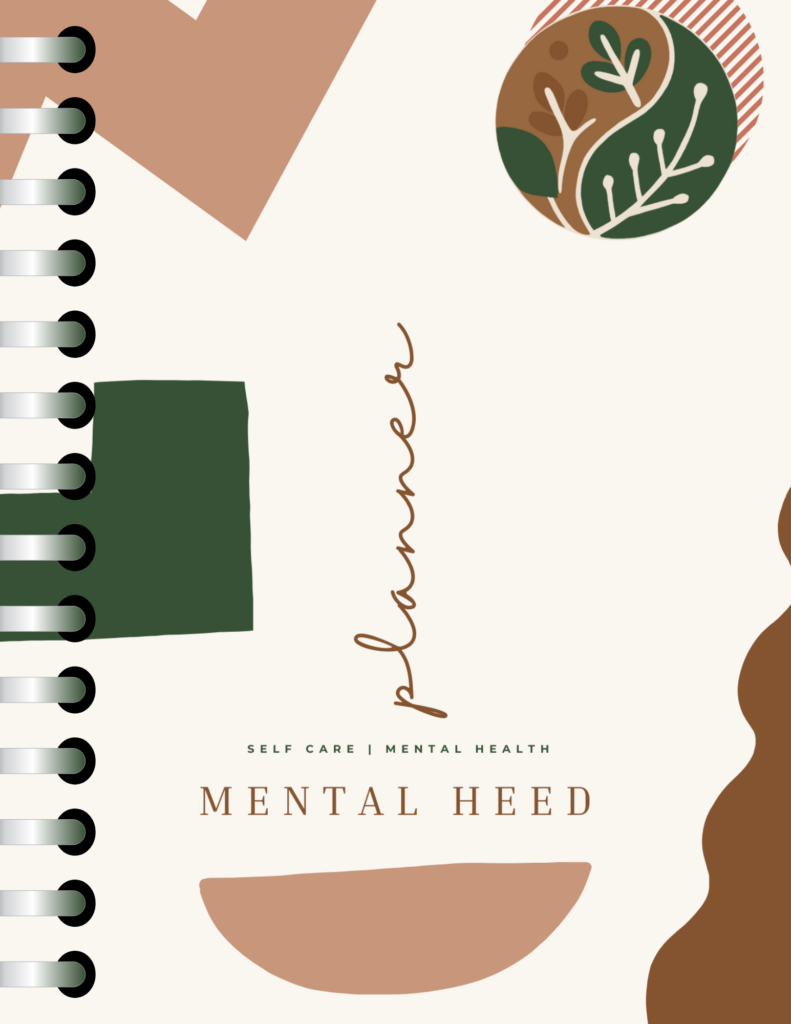
If you’re like me, after periods of stress and exhaustion, there’s this overwhelming feeling of reliving past moments, stuck in a loop of negative thoughts. It’s not just you; many of us go through it. But over time, I’ve come across some advice from psychologists that has helped me cope with these psychological challenges—and even break free from the mental barriers holding me back from finding peace and success.
Here’s what’s worked for me:
Talk less and stop when emotions take over
I’ve learned that in conversations, especially heated ones, it’s so important to step back when emotions run high. I used to just react, saying things I regretted later. Now, I take a moment to cool off, process what was said, and approach it calmly later. It saves me from a lot of unnecessary stress, and the anger eventually fades.
Wait before reacting
I used to feel the urge to respond right away—whether it was in a conversation, during an argument, or after something happened. But over time, I’ve realized that taking a moment, letting things play out, and giving myself time to think usually leads to better decisions. Psychologists recommend it, and trust me, it works. I no longer feel like I need to control everything immediately.

Stop blaming yourself (and others)
I used to spend so much time analyzing the past and blaming myself for things that went wrong. But here’s the truth: most of the time, it’s not all on you. Life is a series of domino effects—one thing leads to another, and some things are just out of your control. I’ve learned to accept that, and instead of getting stuck in the blame game, I focus on solutions and staying optimistic.
Let go of trying to change others’ minds
I used to think that if I just explained myself well enough, people would understand. But the reality is, no one can ever truly get what’s going on in your head. I’ve stopped wasting energy trying to change others’ perceptions. Sometimes, people are just set in their ways, and I’ve learned to move on without letting it consume me.

Manage your anger
Anger used to be my biggest hurdle. When it flared up, everything else—rational thought, calm decision-making—went out the window. I’ve started channeling that anger into physical activities like hiking or working out. Meditating has also been a huge help. I’ve found that by calming down first, I can approach situations with a clearer head.
Learn something new and get moving
One of the best ways I’ve found to quiet negative thoughts is by focusing on learning new things. When my brain is busy processing fresh ideas or trying out new skills, there’s simply no room for random, negative thoughts. The same goes for sports or exercise. It helps keep my mind focused and engaged.
Write it down, then let it go
Writing down my worries on paper has been surprisingly freeing. I’ve even tried burning the paper afterward as a way of symbolically letting go. It sounds a bit dramatic, but it works. The act of writing helps me sort through my feelings, and getting rid of the paper gives me a sense of release.

Remember: thoughts aren’t facts
One thing I’ve realized is that my mind sometimes plays tricks on me. My thoughts and the reality around me are often two completely different things. Anxiety and fear can feel so real that I start believing they’ll come true. But when I step back and think objectively, I see that my worries are usually far from reality.
Take lessons from every experience
Relationships, whether they succeed or fail, offer valuable life lessons. I now approach them as learning experiences. If it doesn’t work out, it’s a sign to move on—and that’s okay. I’ve learned to take the good from each situation and use it to grow in a positive direction.

SUBSCRIBE TO GET YOUR FREE MENTAL HEALTH PLANNER TODAY!
Don’t get trapped in the past
There was a time when I would constantly replay past events, wishing I’d done things differently. But I’ve come to realize that trying to change the past is as impossible as rewriting history. It’s more productive to focus on filling my mind with positive thoughts instead of obsessing over what can’t be changed.

Actively choose positive thoughts
Instead of trying to erase the past, I’ve learned to replace those thoughts with positive, energetic ones. Visualizing myself doing fun things or planning exciting activities for the future has been a great way to break out of negative thinking patterns.
You’ll Also Love: Boost Your Work Efficiency With These Effective Time Management Tips
Learn to handle insecurity
We all feel insecure from time to time, but I’ve found that sharing my feelings with trusted friends or family helps a lot. Planning financially or having something saved up has also given me a sense of security. It’s these little things that remind me that I’m in control of improving my life, even when insecurities pop up.

Final Thoughts
Always remember your worth
I used to look back at the person I was in difficult times and feel like I’d lost a part of myself. But I’ve learned to remind myself that who I was isn’t gone forever—I still carry that strength, that resilience. By recognizing my own value, I’ve given myself the opportunity to return to the best version of myself.
You Deserve Peace—and You Can Create It
Overcoming a psychological crisis doesn’t happen overnight, but each small step you take brings you closer to healing and balance. These 12 strategies aren’t just theories—they’re real, doable actions that have helped me, and I believe they can help you too. Whether you’re navigating stress, past trauma, or daily overwhelm, know that you’re not alone—and you’re stronger than you think.
Take what resonates, try one step today, and give yourself grace along the way. Healing is not about perfection—it’s about progress.
If this helped you, share it with someone who might need it. And if you have your own tips or a story to tell, drop it in the comments—I’d love to hear from you.
Plugin designed by RofiTech


Leave a Reply